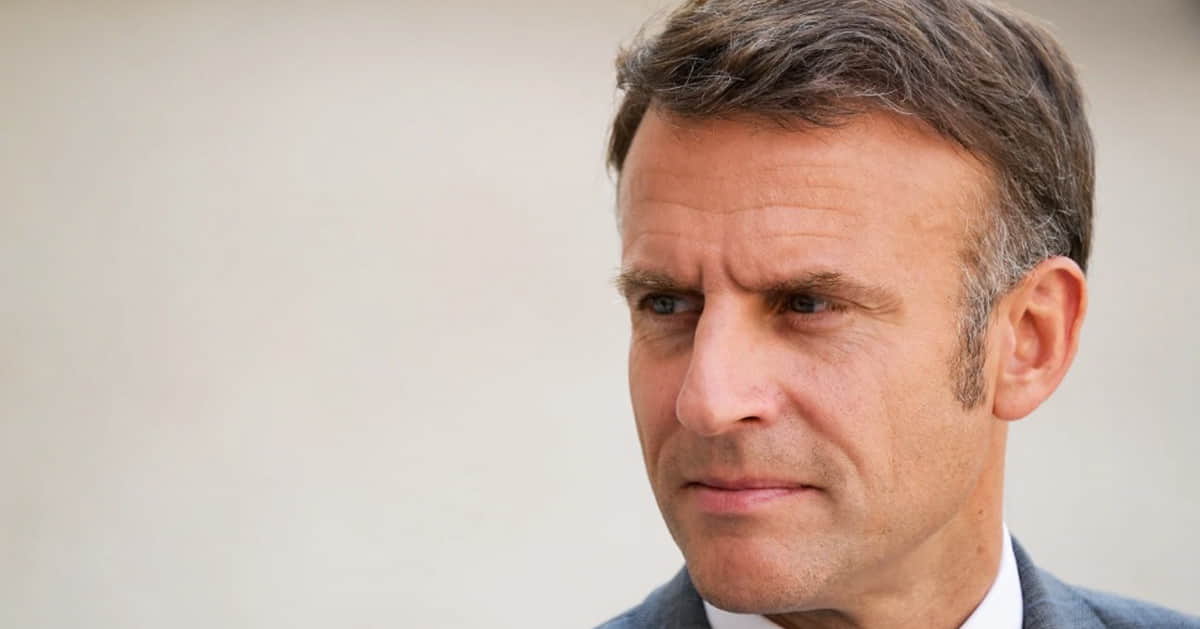Why coalition negotiations in France could be victorious for Macron

Despite expectations, the snap parliamentary elections in France have not led to a significant weakening of President Emmanuel Macron and his political force. Macron has outmaneuvered the left and stands a good chance of securing a majority in parliament, albeit a relative one. The French President still has strategic initiative and substantial chances to retain power, as writes Yurii Panchenko, a European Pravda editor, in his article Macron's revenge: how the French President could secure a loyal government and majority without the far left.
Right after the elections, French President Emmanuel Macron refused to dismiss the government, sending an important political signal that he does not consider himself to have lost the elections. Advertisement: The left-wing party bloc New Popular Front, which came first in the elections, tried to outplay Macron by forcing him to appoint their candidate as prime minister.
However, internal party conflicts within the bloc prevented them from agreeing on a representative for the prime minister position. As a result, the New Popular Front lost its chance to impose its candidate for prime minister on Macron. So the left declared that they were postponing discussions about a prime minister candidate and wanted to focus on agreeing on a single candidate for the position of president of the National Assembly.
They succeeded in agreeing on a common candidate for speaker, Communist MP Andre Chassaigne. The French president has managed to outmaneuver the left politically. The parliamentarians elected Yael Braun-Pivet, the former head of the National Assembly, as the speaker.
She was a candidate from Macron's camp, initially considered unlikely to win. Unsubmissive France claims the election was illegal due to 17 votes from "technical ministers" and announced plans to challenge it in the Constitutional Council. However, the next day, 19 July, the left managed to gain a partial victory.
They secured 12 out of 22 positions in the National Assembly office, which allows them to significantly limit the speaker's work. It is most likely that public political life in France will soon be "put on hault." The Olympic Games will draw all attention, which sharply reduces the likelihood of a government change in the coming weeks.
The security issues will need to be managed by a single team. This period gives President Macron a chance to complete his plan and regain a parliamentary majority. There are several ways to achieve this.
A coalition between Macron's supporters and the Republicans is becoming an increasingly popular prediction. Although the right-centrist party currently rejects it. Their actions, including the speaker vote, make this scenario quite likely.
The most desirable scenario for Macron is a repeat of the 2017 situation, when political chaos allowed him to attract both left- and right-centrists. In other words, everyone except Le Pen's far-right National Rally and Melenchon's far-left Unsubmissive France. President Macron only needs to win the post-election negotiations.
And the events of the past week are a strong bid for success in this regard.
If you notice an error, select the required text and press Ctrl + Enter to report it to the editors.